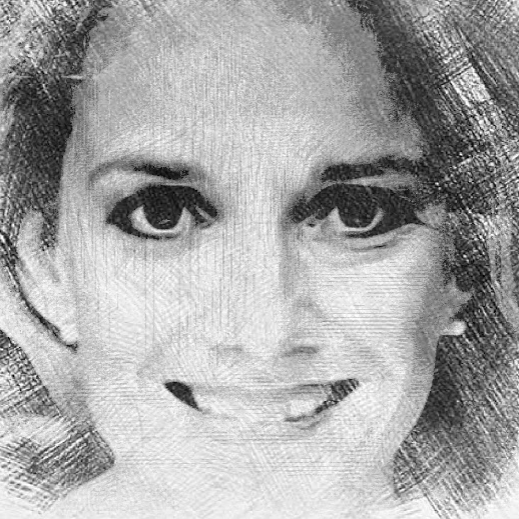
From food to clothing to cosmetics, nearly every product is wrapped in plastic. In fact, packaging waste has doubled over the past two decades. According to data from the German Federal Environment Agency, for example, 35 percent of the plastics processed in Germany were used to manufacture packaging in 2015. In total, around three million tons of plastic packaging end up being thrown away every year in Germany. And customers rarely have the option of purchasing goods without packaging. So then the question is whether packaging is necessary at all. And if so, are there any alternative packaging solutions?
This is precisely at the heart of the Innoredux research project of the Institut für ökologische Wirtschaftsforschung (IÖW) and the Institut für Energie- und Umweltforschung (ifeu). The aim of the scientists, led by Dr. Frieder Rubik, is to promote the reduction of plastic waste along the entire value chain through innovative business models in the retail sector.
Plastic reduction as a competitive advantage
“Innovative measures are urgently needed to reduce plastic discharges into the environment. In order for these to become established in practice, this project focuses in particular on approaches that create competitive advantages for companies at the same time,” says IÖW Project Manager Dr. Frieder Rubik about the approach of the Innoredux project. The scientists are working on innovative packaging solutions in a real laboratory, together with existing companies, from both the online and the offline market. The first step is to eliminate secondary packaging, in this case disposable service packaging such as fruit and vegetable bags or plastic wrapping at the meat and cheese counter. If this is not feasible, a possible substitution with ecologically more compatible materials will be researched.
The primary objective of the project is to test business models in order to put products into circulation in such a way that significantly less packaging waste is produced along the entire supply chain or, even better, that disposable packaging is completely eliminated wherever possible. The focus is mainly on the retail sector. This is because it holds a key position in the relationship between producers and consumers. In its investigations, the research project will also examine several product groups. These include food, stationary, textiles, cosmetics, hygiene products, detergents and cleaning agents.
The offline retail sector is represented by, amongst others, dm, a drugstore and Alnatura, an organic retailer. From the mail order market, Memo, Zalando and the Avocadostore are involved. These companies have also been involved in the development of more sustainable packaging solutions in the past. For example, dm uses packaging with the highest possible recyclate content, that is recycled plastics, for liquid products such as detergents and creams. Alnatura achieved a plastic reduction from 8.2 to 3 grams by using a so-called 3-component yoghurt cup. Generally, sustainable packaging is important to these companies. The Alnatura website, for example, says: “We are closely following current developments in the field of packaging technology. If there are new findings in this area, we take them into account in our product development.”
During the project, consumers are also taken into consideration. They will be involved by means of focus groups or surveys, for instance. Customers will also be given the opportunity to submit feedback and suggestions via the project website.
Continuing the implementation of plastic reduction
Within the framework of the research project, the above-mentioned approaches to plastic reduction will be developed further and new, even more far-reaching ideas will be explored. The first step is to investigate the potential of these business models, taking into account all parties involved in the production process. This includes, for example, the prerequisites involved in packaging development or delivery logistics for upstream suppliers as well as requirements in retail such as product protection, durability and legal specifications. But even consumer wishes such as individual preferences, convenience and sufficiency are scrutinised. All these factors are to be tested in the real laboratory.
The next step will be to develop a strategy – based on the experience gained in the real laboratory in Heidelberg – on how local authorities and companies as a whole can contribute to reducing plastic waste. The aim is to promote the practical implementation of alternative packaging solutions. The project is supported by the German Association for the Environment and Nature Conservation (BUND). The Heidelberg retailer “Annas Unverpacktes” and the Association of Packaging-Free Shops will also be sharing their experiences with trade in unpackaged foods and cosmetics with the project.
The research project launched in Heidelberg in February and is funded by the Federal Ministry of Education and Research (BMBF) within the research focus “Plastics in the environment – sources, reductions, solutions”. The research focus consists of 20 joint projects involving around 100 partners from science, industry, organisations, local authorities and companies, dealing with fundamental questions relating to the production, application and disposal of plastics. The research focus is part of the BMBF framework programme “Research for Sustainable Development” (FONA).

